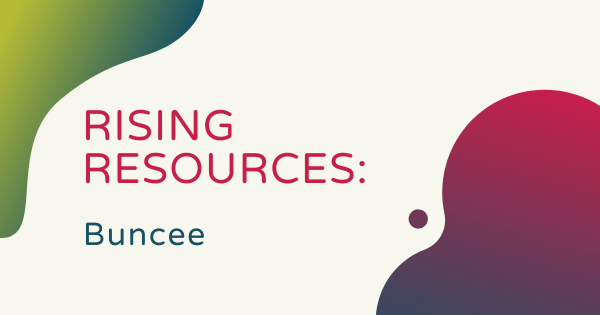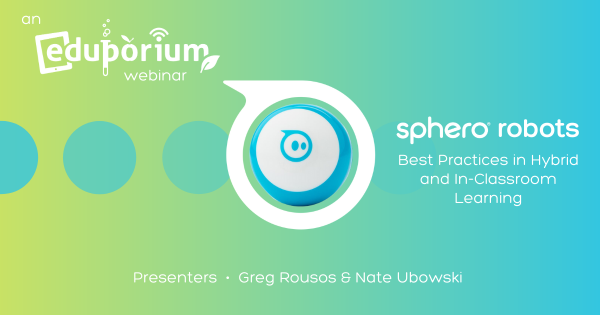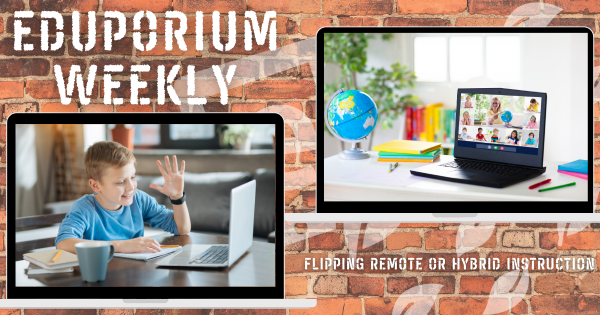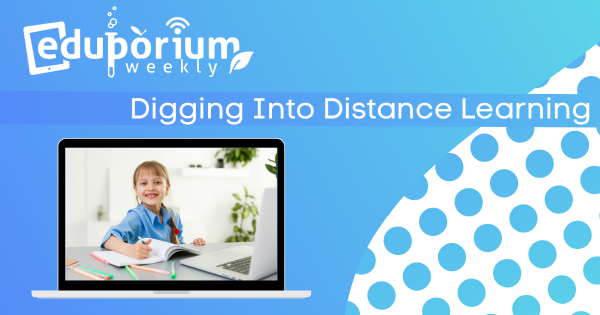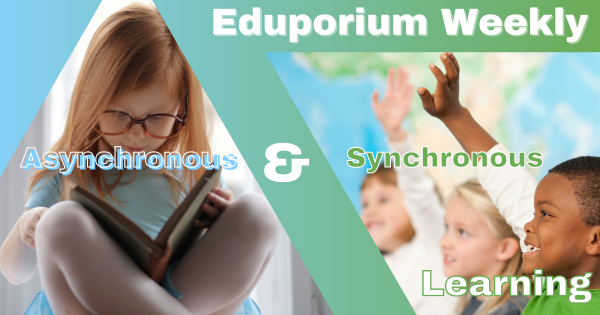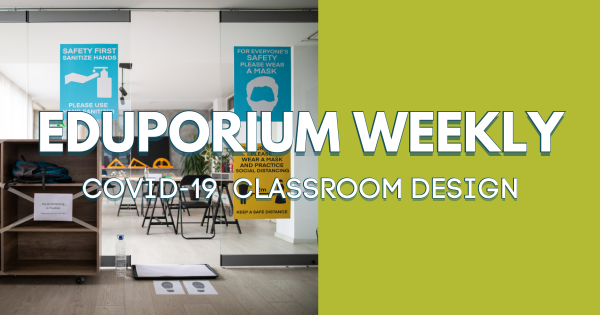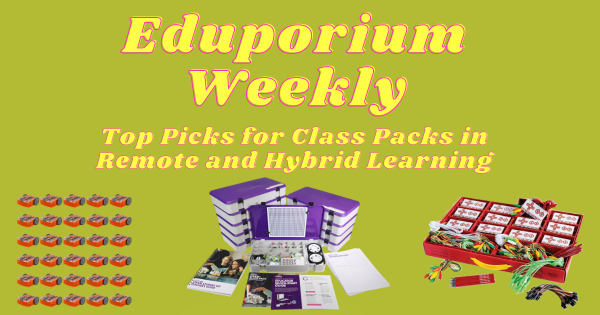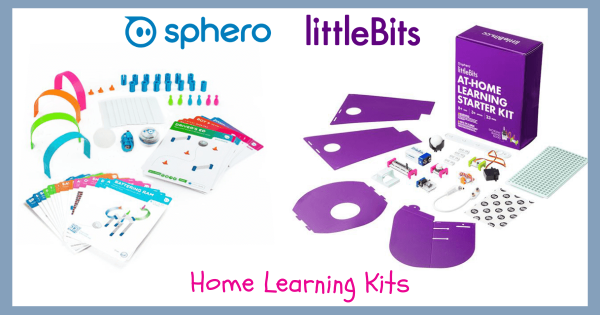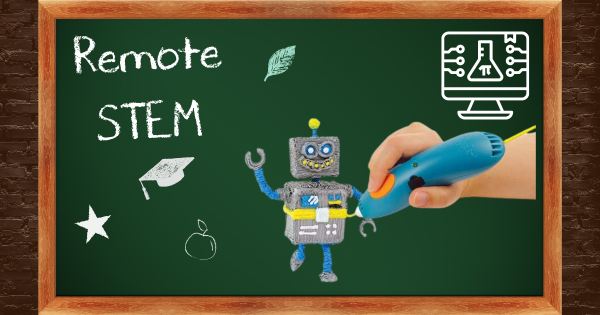These days, kids gravitate towards the most engaging content and Buncee is an accessible, easy to integrate, and engaging platform for any students or educators to demonstrate their creativity and their content development skills. Even school and district administrators can use Buncee to create or enhance content for web pages or to distribute at community events!
Hybrid Learning
Hybrid learning in K-12 schools represents a transformative educational approach that seamlessly integrates in-person and online instruction. A dynamic model, it harnesses key benefits of both traditional classroom experiences and this flexibility of digital tools. Students engage in face-to-face interactions with educators, fostering a sense of community, while also accessing online resources to tailor their learning pace. This approach accommodates diverse learners, providing personalized pathways for students to grasp concepts at their own speeds. Hybrid learning experiences also help students build their technological proficiency, a vital skill in today's digital age, and also encourages self-directed learning. As teachers adapt their instruction, the hybrid model helps promote collaboration, adaptability, and prepares students for new, multifaceted, real-world demands. And, various tech tools can help, too.
-
Video: Using Sphero Robots in Remote and Hybrid STEM
Led by Nate Ubowski and Greg Rousos, learn how teachers can use the Sphero BOLT, RVR, and Mini for robotics lessons in remote learning. Going beyond the 4 C’s to spark curiosity and create a greater sense of community improvement, the presenters also covered how Sphero’s robots allow for efficient STEAM instruction. -
Rising Resources | Circly in Remote Learning
Circly is characterized as a visual organizer platform that helps create easier collaboration. It’s free and can help all students organize and visualize ideas or help educators collaborate and learn with peers. Learn why we chose to explore Circly in the latest installment of our Rising Resources blog. Keep reading to learn more about it! -
Flipped Learning in Remote or Hybrid Education
Flipping the classroom helps students move more at their own pace—only taking the time they need to learn something. It also helps them utilize their teachers or peers for help while they’re engaged in their work as opposed to putting it down, forgetting about it, and then asking the next day. But, how could flipped learning help in remote settings? -
Eduporium Weekly | Different Types of Distance Learning
As education continues to be delivered at least partly outside of the classroom, different types of distance learning continue to be explored. So, whether you’re teaching fully remotely, in a hybrid model, live with students all the time, or trying out asynchronous learning, we’ll share some suggestions for how it could be improved. -
Eduporium Weekly | Remote Ed: Synchronous or Asynchronous?
Synchronous and asynchronous learning have each become important topics throughout various education communities and the subtle features of each are valuable for today’s educators to know. If you’re moving back and forth about which method to use or find yourself switching regularly, read on to learn more. -
Eduporium Weekly | Classroom Design In A New Era Of Learning
You really do not realize just how small classrooms actually are until you try to successfully place 25 students within them and keep every single one of them six feet from each other. This has even led some teachers to suggest limiting class sizes, which might sound promising in theory since there are definitely some children who have opted to -
Eduporium Weekly | Class Packs In Remote And Hybrid Learning
At first, we were very hesitant to continue with promoting classroom packs since they contain a lot of moving parts and promote learning that involves children all touching those same components. Over time, however, various manufacturers have actually created home learning versions and that idea of classroom packs in remote or hybrid learning is no longer as daunting. -
New Home Learning Kits For The Sphero Mini And littleBits Line
With distance and hybrid learning continuing for most K–12 children as we start the school year, the team at Sphero has helped make things easier on everyone. They recently announced their release of two new home learning kits featuring the Sphero Mini and littleBits so that STEAM experiences can continue at home and kids can enjoy hands-on play. -
Eduporium Weekly | 5 More Good Remote And Hybrid STEM Tools
This week, we thought it would be fun to highlight five more of our favorite tech tools for helping to bring STEM learning experiences to students who are taking part in full remote or hybrid learning to start out the school year. And, with that being said, we’d like to reiterate one more time that remote learning does not mean




